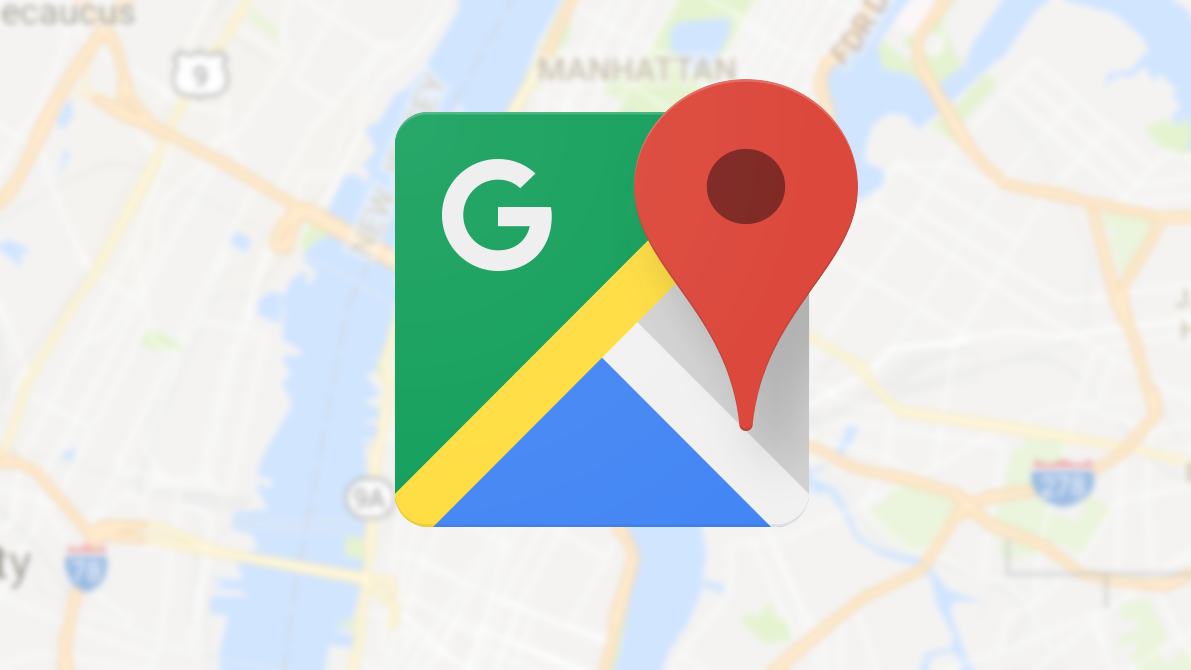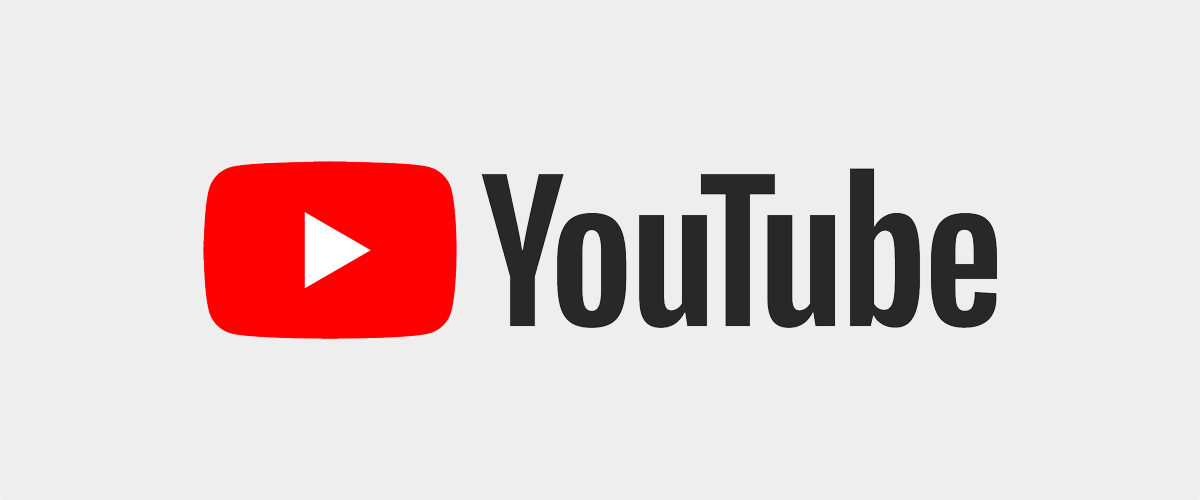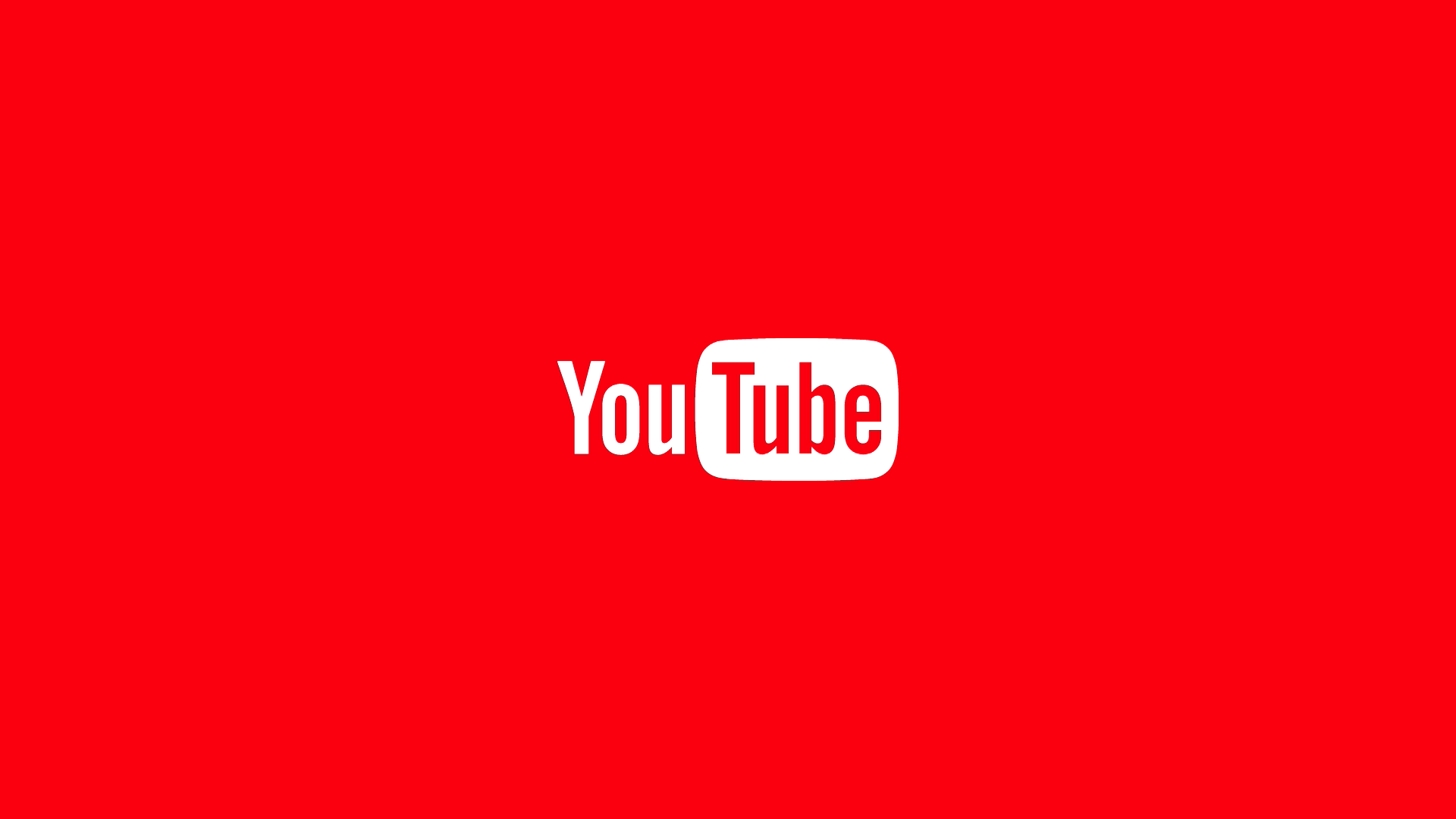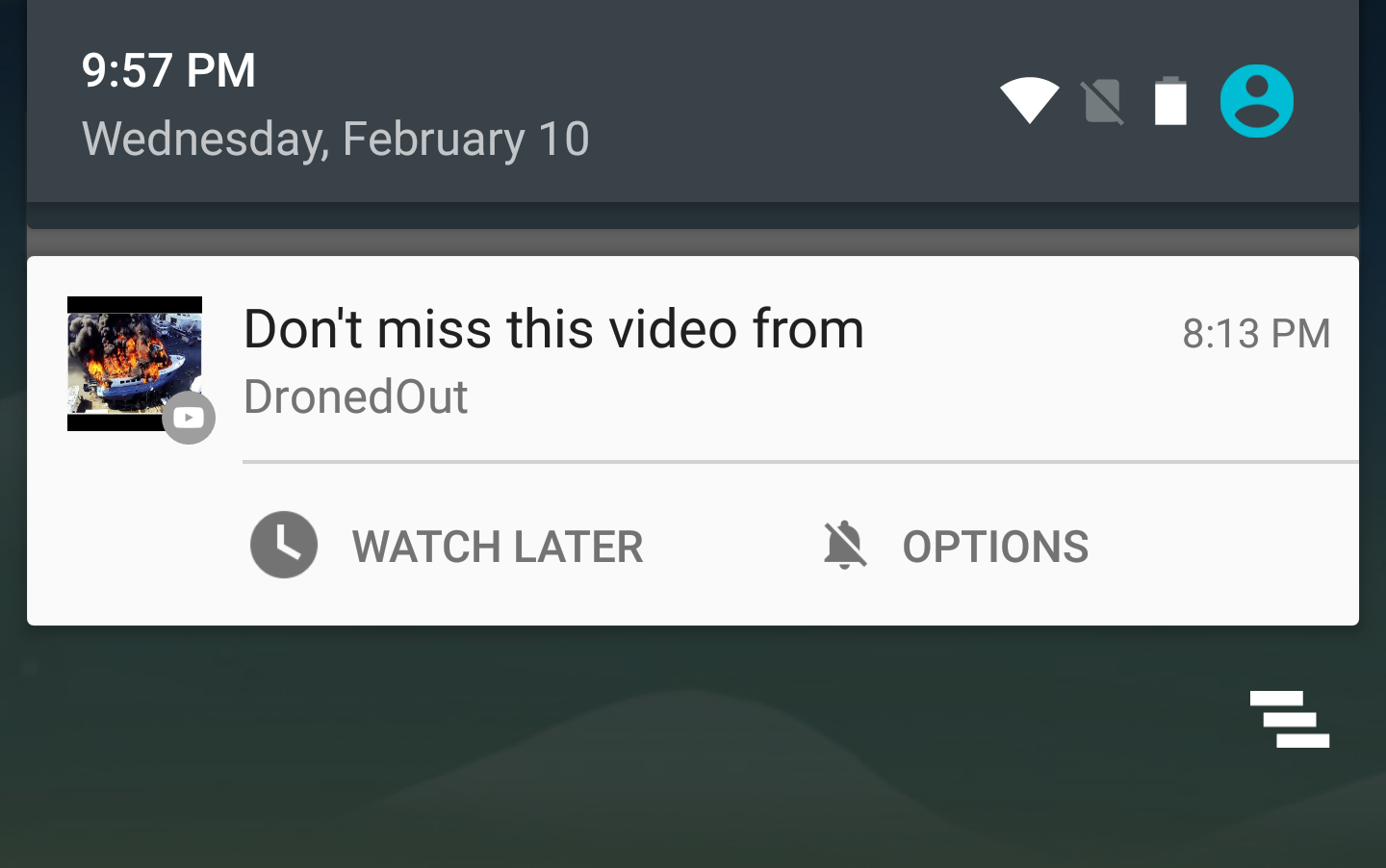latest

The Google TV recommendations bug has been squashed so we can all sleep easy now
It was fixed in record time, too
Read update
Great excitement accompanied the launch of Chromecast with Google TV, much of it around the new interface and what looked to be a much more robust recommendations system. The watchlist syncs with your Google account and, in theory, the For you screen should show you closely-matched content based on your search history, likes, and past viewing. There's even a screen where you can train it to know your taste better, but it's completely borked right now.

Maps has gradually evolved from being a simple navigation app to a Yelp competitor. Thanks to the ability for users to share photos and ratings, Google's service has turned into a social platform. These are used to identify popular places and surface them to people through the Explore feature. The company has recently put a stronger emphasis on the latter by making it easier to use and more visible. It's now testing a new functionality, allowing users to follow Local Guides for even more personalized recommendations.

With billions of videos available about every topic you can think of and then some, YouTube is, statistically, filled almost entirely with content you don't want to watch. The platform has always tried to narrow what it suggests to each user down to videos they're likely to click — and today, the platform announces several new ways of doing just that.

YouTube is by far the world's largest video sharing site—people upload hundreds of hours of video to the service every minute. Sifting through all those videos to provide recommendations had proven to be a minefield for the company. It's dealt with clickbait, repeat recommendations, and more. Now, YouTube says it's working on improving recommendations to get rid of content that doesn't technically violate YouTube policies but is still offensive or irresponsible.

Read update
Google continues the day's deluge of announcements. Next up with a pile of new features is Google Images, with changes including Lens integration, image ranking tweaks, and expanded captions for context. A new "featured videos" card for automatically played results will also appear for some queries.

Google wants to make Maps a more personal experience. The platform is getting some new features focused on highlighting places and activities Google's algorithms think you'll like, including a new "For you" tab that's an automatically-populated list of spots you might want to check out.

The latest version of Google Play Movies & TV is making the rounds, and this one has quite a bit to discuss. There are several surface-level changes, including a new bottom nav bar, improved support for Rotten Tomatoes, and even some rearrangements to the screens in the app. Digging a bit deeper, we can also see there's a new Guide screen in development, some degree of support for external content providers, and even a rating system for content.

VSCO might not be as popular (or ego-driven) as Instagram, but it's made a comfortable name for itself among photography circles. Rather than dig through piles of low-effort content rated by likes or votes, VSCO strips things down to the just the basics: photos, messages, and you. Now the app is making it a bit easier to find the types of photos you might like, too, with a novel Discover feature that is advertised as being able to match emotional and aesthetic content, all powered by VSCO's pretentiously named "Ava" AI.

As I have moved on from sharing my every move via Facebook, one of the most useful things I do on the platform nowadays is take advantage of the expertise of my friends. Finding a place to get lunch, identifying a dentist covered by my employer's insurance, and all manner of similar problems can be solved in part by soliciting suggestions from my social network. Facebook is now rolling out a feature called Recommendations that helps you make sense of your friends' input.

Google has long offered related searches at the bottom of search results, but this is a bit different. The above widget, which now appears for some users when you tap on a search result and then go back, shows relevant searches to whatever page you tapped on.

SoundCloud is filled with music, but how do you find stuff that you like? You can search around on your own, pull up stuff other people recommend, filter by genre, or stick with what's popular. All of these methods may or may not produce content that you actually want to listen to.

Depending on which apps you install, your notification shade can feel like a warzone. Check this email. Read this text. Water your crops in this game. Your tank is full, so switch to another game and race.

Pocket wants to be your reading home on the web and mobile. Whether it's the stories that you run across while browsing or checking social media, those that your friends share with you, or those that it thinks are interesting to you, Pocket serves them to you in their purest form, stripped of the superfluous ads, widgets, and stuff that you find on any web page. And now Pocket's recommendations, which it introduced in version 6, are getting more customizable and personal.

When you open up your Pocket, what do you see? If you haven't been running the beta version for the past few weeks, you've seen all the articles you've gathered from across the web. Now you will also see recommendations, content Pocket thinks you'll be interested in alongside the stuff you've saved.

I understand if you don't remember anything about app indexing. It's not a particularly sexy topic. Here's all you need to know for this post—developers who implement app indexing can have their apps show up when users perform relevant Google searches. Say, you're looking for a recipe, and you have an app installed that contains that recipe. Google will point you in that direction.

There comes a time in the evolution of every tech company where things just need a refresh. For Foursquare, that time is now. Last month the company branched its core app into two separate offerings, with the friends-hanging-out portion taking the name of Swarm. Now the mainline app's refresh has arrived, and it's all about delivering personalized recommendations. Think more Yelp and less Twitter.













